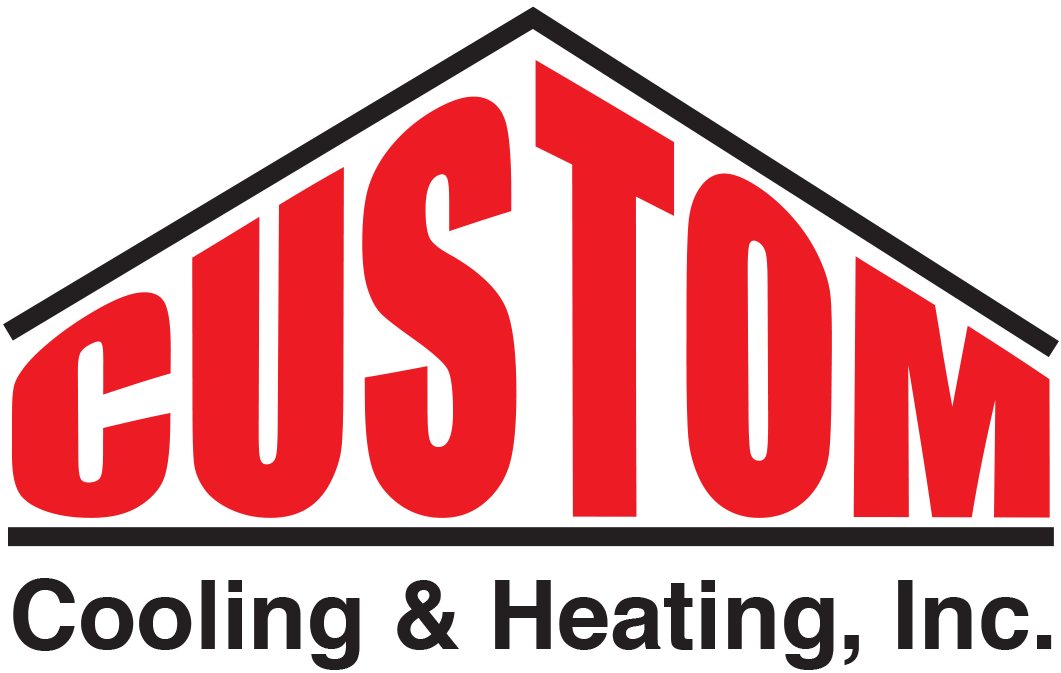FAQs
Frequently Asked Questions
An AC generally needs to be cleaned at least once per season. A Heat Pump that also runs during the winter may have to be cleaned twice a year or more. Custom Cooling offers service agreements to give you peace of mind.
A standard 1” filter will generally only last one month depending on the MERV rating. We offer alternative filter solutions that have anywhere from 6-12 months of life.
Humidity in the house should be kept between 35-55% for optimal health and comfort. This is generally only possible through the use of a humidifier during the dry winter months. Your air conditioning system acts as a dehumidifier in the summer months.
A two story home with a single HVAC system will struggle to consistently heat and cool the second floor. During the summer the upstairs will get hot as the thermostat on the main floor shuts off, and in the winter the opposite happens. Generally the biggest issue for homeowners is the hot summer. Custom Cooling has zoning solutions and minisplits to allow our customers to be comfortable on their 2nd floor.
A heat pump contains more electronics and piping in order to both heat and cool a living space. Much of the noise occurs during the defrost cycle as the reversing valve switches directions. Custom Cooling offers inverter driven heat pumps which are rated at 61 decibels and below.
Ductwork that is banging or popping is due to static pressure issues. This can be something as simple as a dirty filter and dirty coil, but in some cases the duct design is too small or restrictive. One of our technicians can diagnose this issue and offer solutions.
It is possible to save up to 10% on energy cost by setting your thermostat back 7-8 degrees when no one is home. Many factors such as insulation levels, equipment types, and weather could affect these savings so it may be best to speak with one of our HVAC professionals to develop a plan specific to your home and equipment.
The DOE (Department of Energy) states that 68 degrees for heating and 78 degrees for cooling, are the “best” temperatures for energy savings. If comfort is your main priority these numbers can look quite a bit different.
Yes, we offer thermostats and solutions to control your system from anywhere you have cell service or WiFi.
Yes, we offer both leak and freeze detectors that can send alerts to a phone or email.
Open your windows at night only when the overnight temperature is lower than the set point in the house. Keep in mind that opening your windows may lead to allowing the humidity back in your home that you’re A/C removed and also more dust & pollen in your home.
SEER2 measures an air conditioner's efficiency throughout the length of a cooling season. Testing temperatures range from 65-104° F. Think of SEER2 as an “average”. A higher SEER2 means that the air conditioner uses electricity more efficiently.
An 80% furnace only “captures” 80% of the energy produced by combustion. The other 20% of energy is lost as heat out the metal exhaust flue. A 95% furnace has a secondary heat exchanger in order to more effectively “capture” the heat from combustion. In this case only 5% of the energy is lost as heat out of the PVC flue.
In the most simple terms a heat pump is just an air conditioner that can run in reverse in order to produce heat in the winter. With modified electronics and piping the heat pump is able to produce heat during the winter months instead of relying on a furnace. Unless outside temperatures drop into the single digits, a heat pump is more efficient than an 80% furnace or electric furnace. Newer inverter driven heat pumps can absorb heat from outdoor air even up to -22 degrees.
A geothermal HVAC system uses ground water or a loop system instead of air to exchange heat. These are more common in rural areas where the homeowner has their own well, pond or surface area for loops. Geothermal systems are some of the most efficient in the market, but have a higher upfront cost.
A MERV rating measures how effectively a filter captures particles. The scale goes from 1-16 and the higher the MERV rating, the better the filter is at capturing smaller particles. Higher is not always better though because higher MERV filters can actually be restrictive if the HVAC equipment & ductwork was not designed for them.
Cleaning may be beneficial in certain scenarios. For example if your home is 70 years old and never had any ductwork cleaning or if you just did a remodel in your house and your ductwork is full of construction dust. For most newer homes duct cleaning is not necessary unless the HVAC system was running during construction.

